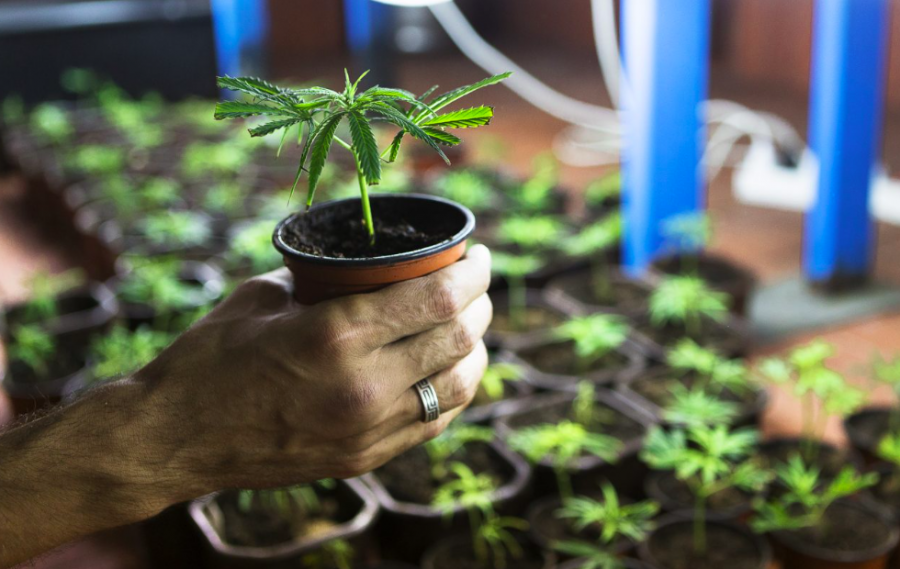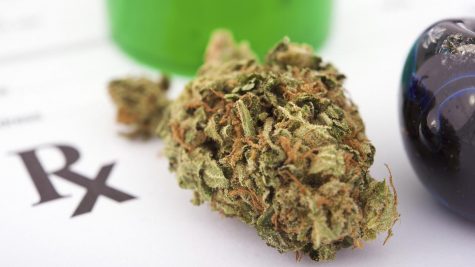New study: 86% of California’s cannabis clones contaminated by pesticide
California’s cannabis supply chain is at risk in 2018, with improper pesticide use and uncertain testing procedures, according to a new research project funded by Steep Hill, a leading global cannabis science and technology company with extensive expertise in lab testing.
The study aimed to determine whether and at what point the pesticides are being introduced to the cannabis plants.
According to Steep Hill cultivation scientist Wilson Linker, researchers recently obtained equipment with higher-level sensibility and the financial means to conduct the study. The researchers collected samples for about four months before concluding a majority of cannabis clones contained pesticides.
Results found only 13.7 percent of 124 randomly selected clones showed no detectable pesticides, whereas about 86 percent of cannabis clones and plants harvested from larger “mothers” were contaminated with pesticide residue. Many of the clones had more than one type of pesticide, with Myclobutanil as the most commonly detected one. Myclobutanil is commonly used as a treatment for mold manifestations.
Of the clones tested, including the clones that had no detectable pesticides, only 22.6 percent passed the current California Cannabis Regulations for pesticide thresholds in market ready cannabis.
“Pesticide use occurs during clone production, and that use remains present through the growth cycle of the plant, and can be tracked through at least 1 generation of passage,” the study stated. “Purchasers of the treated clones likely do not know that they can lead to contamination in the harvested product, even if the grower does not apply pesticides in their practice.”
Linker said because the cannabis industry is still unregulated in California, compared to other states, the Steep Hill researchers wanted to make sure the companies that produce cannabis and the general public were aware of the pesticide use in the market.
Many times, Linker added, cultivators use a product whose pesticide content is unknown to them due to lack of education and lack of proper labelling. As new studies come out, people will become more aware of new bio insecticides and mechanical methods that are not harmful to plants.
“Our team is currently focusing on the plant matter to minimize the potential health and economic risks,” Linker said.
In addition, Linker said some pesticides will degrade when exposed to ambient conditions and the pesticides may no longer be traceable after the flowering stage. But when they are concentrated or distilled, they can be above current action limits.
“These clones are probably in the open market, that’s why we are doing some testing ahead of time,” Linker said.
Steep Hill works closely with its other locations in the U.S., which are all International Organization for Standardization certified or in the process of being certified. The different locations use the same techniques and instruments, and tailor requirements to local needs, Linker said.
“We’re trying to create a network of homogenous labs that can be counted on, from state to state globally,” Linker said.
In the future, Linker said Steep Hill laboratory will work on further public health studies and put information out to the cultivators so they can work their pesticide regimen more adequately and safely.













